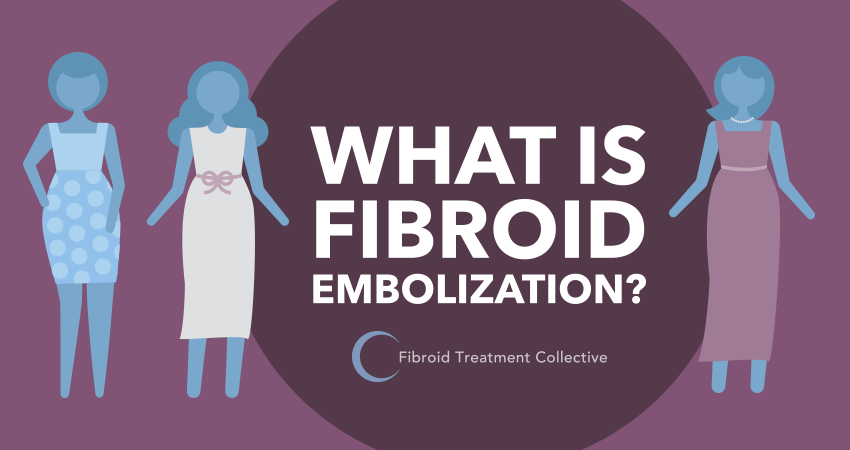- Details
- by: Leah Johnson
Whether you’ve been diagnosed with a Uterine Fibroid, or your doctor suspects you have one, no one likes to hear that word “tumor.” Its probably why doctors usually leave that word out when discussing the presence of a fibroid tumor. But, if you’ve heard fibroid or fibroid tumor, you’re probably searching the internet for more information. ... Read more
- Details
- by: Leah Johnson
Uterine fibroids, for many women, are generally harmless, will shrink during menopause, and may also not show many symptoms. However, if you’ve been diagnosed with fibroids, it’s likely because you’ve experienced some of the symptoms of fibroids such as irregular or unusually heavy menstrual bleeding, pain or pressure in your pelvic region, or urinary problems. ... Read more
- Details
- by: Leah Johnson
Fibroid tumors are a very serious issue in the body; however, some women are unaware of the exact symptoms that signal a problem. Below are a few of the fibroid symptoms that may indicate a tumor or some other problem that is in need of immediate medical attention. Pressure or Pain in the Pelvic Area ... Read more
- Details
- by: Leah Johnson
Most women who have uterine fibroids experience no symptoms. But if you’re one of the unlucky women whose fibroids are causing painful and bothersome symptoms including heavy and painful menstrual periods and abdominal pain ranging from mild to severe, there is hope. Today, there are many different ways to treat and/or cure the pain and ... Read more
- Details
- by: Lilit Galstyan

It’s human nature to experience intense bouts of emotion; both happy and sad. Short-lived feelings of despair and distress may even have an evolutionary benefit, because negative feelings often push us to take productive action. But a prolonged negative emotional state is undesirable. And ultimately, unbearable. The Mayo Clinic reports twice as many women as ... Read more
- Details
- by: Lilit Galstyan
The risk of African American women of getting uterine fibroids is higher than other ethnic groups. Three times more. In fact, 20-40% of all African American women will have fibroids by the age of 40. Why are African American Women More at Risk for Fibroids? Estrogen Some studies suggest that women of African heritage have higher levels ... Read more
- Details
- by: admin

You have probably heard fibroids described as benign tumors of the uterus. A red flag probably went off in your head over the word “tumor” because we most commonly associate tumors with cancer. The important thing you need to know about this description is the definition of the word benign, which means “not cancerous’. This ... Read more
- Details
- by: admin

Uterine fibroids are common benign tumors that develop in the uterus. Most are harmless and will typically not lead to cancer. These growths are usually seen in women in reproductive age but can appear in women of all ages. Some fibroids are asymptomatic or cause minor symptoms, while some cause prolonged bleeding, pelvic pain and ... Read more
- Details
- by: admin
As you probably already know, fibroid embolization is a quick and easy way to relieve fibroid symptoms, but we still wanted to share this short animation we made. Hope you enjoy! Here is the direct link to the video on YouTube (Stop Uterine Fibroids) in case you would like to share it with your friends https://www.youtube.com/watch?v=lb6gl3IrIUk ... Read more
- Details
- by: admin

Uterine artery embolization is a non-invasive, non-surgical, out-patient procedure. It is performed under local anesthetic with sedation and has a quick recovery time. We’ve created the following infographic to help explain what fibroid embolization is and how it is done. We hope you find this informative and helpful. Please share with your friends and family ... Read more
- Details
- by: admin

Fact: there is such a thing as too much bleeding. For both adolescents and premenopausal women, heavy bleeding that requires changing a pad or tampon more than every 2-3 hours, or periods that go on past 7 days can mean something is wrong. For many women and teens this can be regulated through birth control, ... Read more
